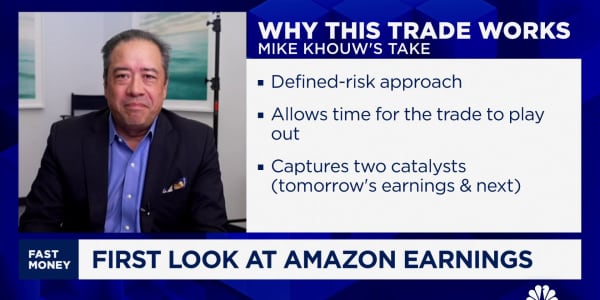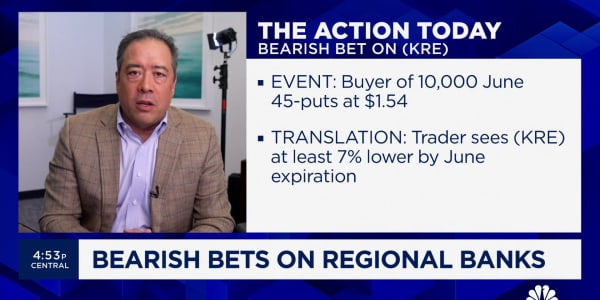
It is often said that time is of the essence. That is particularly true when it comes to valuing and trading options.
An option on a stock represents the right to buy or sell that stock for a specific price within a given time frame. If the stock winds up outside of the profitable zone set up by the option's buyer, then the option expires worthless, and the trader has lost the premium paid.
It naturally follows that the longer until the option expires, the greater the chance that the position becomes profitable or becomes more profitable, and thus the more value the option will have. Conversely, as time ticks away and the option's expiration draws nearer, that option will lose value, all else being equal. This is often known as "time decay."
But just how much value will the option tend to lose as time passes? That question is answered by a crucial options measure known as "theta."
The math behind the calculation of theta is quite complex, but the takeaway for investors is that it provides an approximation of how much the value of an option will change if a day passes without a move in the price or the volatility of the stock. Since that condition would cause an option to lose value, the theta for an option is negative (in all put a few rare cases).
As expiration approaches, theta will become even more negative, as any given option's total time value will inevitably fall to zero. When expiration strikes, there is no time value remaining, and the value is either zero or the difference between the strike price and the stock price.
For that reason, investors need to remain keenly away of the impact of theta on their options holdings. If they're not watching closely, options holders risk seeing their positions' value whittled away to nothing, merely due to the inevitable passage of time.
Follow the show on Twitter @OptionsAction.






